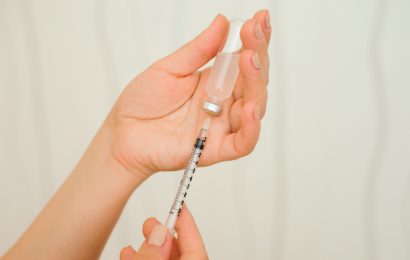Adults who have prediabetes or untreated type 2 diabetes who sleep fewer than 5 hours or more than 8 hours each night generally have higher A1C levels (a measure of glucose control over the previous 2–3 months) than those who sleep between 7 and 8 hours nightly, according to new research in the journal Diabetes Care.
Investigators evaluated 962 study participants between 20 and 65 years old who had either prediabetes or newly diagnosed untreated diabetes. Blood glucose levels were assessed via an A1C test along with an oral glucose tolerance test (OGTT). Sleep duration and quality were determined using a questionnaire.
The researchers found that those who slept between 7 and 8 hours each night had statistically significant lower A1C levels than those with shorter or longer sleep durations. On average, those sleeping 7–8 hours had A1C levels of 5.74%, compared to 5.84% for those sleeping fewer than 5 hours and 5.85% for those sleeping more than 8 hours.
“If people strive to have more normal sleep duration of anywhere between 6 and a half to 7 and a half hours on average, understanding that there may be fluctuations from day to day, that might be healthier than either sleeping excessively or sleeping less than 5 hours,” stated researcher Babak Mokhlesi, MD, MSc. “The findings we have so far do not solve the situation yet. The next question is, if you do an intervention to help improve sleep can you make an impact? That’s where the field has to go.”
Want to learn more about sleep and diabetes? Read “Getting the Sleep You Need” and “Sleep Apnea and Diabetes.”





